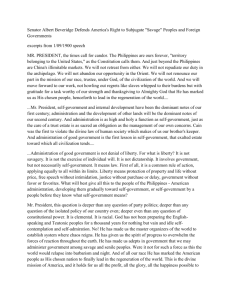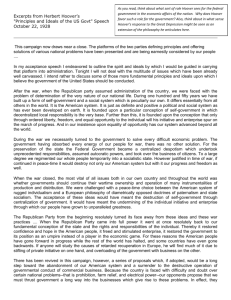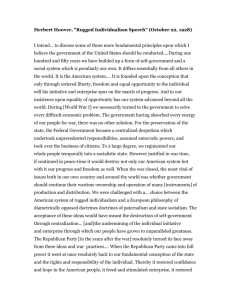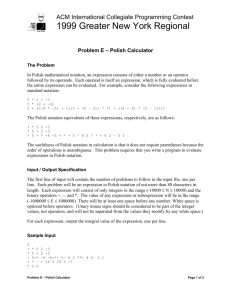Polish legal system - twenty years after the collapse of communism
advertisement
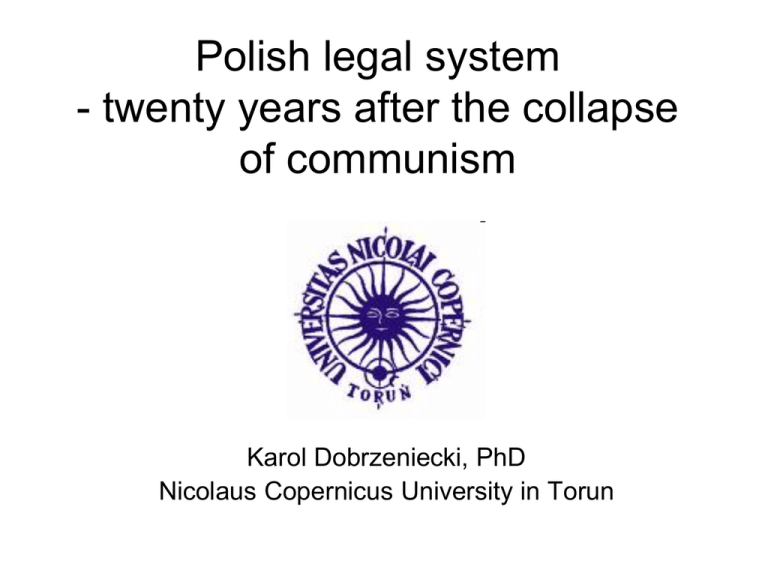
Polish legal system - twenty years after the collapse of communism Karol Dobrzeniecki, PhD Nicolaus Copernicus University in Torun Communist states in 1989 Socialist law – features: - the ruling Communist party was considered above the legal system - high degree of collectivization and nationalization of property - extensive control of the party over private life - declared extensive social warrants of the state in return for a high degree of social mobilization and a low degree of civil and political rights Dual nature of the reform of law after 1989: -internel factors– political, economic, social -external - implementation of new foreign policy objectives Transformation of the political and economic system in 1989 Transfer from the authoritarian and socialist to the democratic system based on market economy required fundamental changes of the system of law. At the turn of the ‘80s and ‘90s the political and economic shape of the state changed, which involved corresponding changes in the entire legal system, the constitutional, civil, administrative, labour etc. law in particular. 'Europeanisation' of the Polish legal system - the reception of legal concepts from the other domestic legal systems -the impact of international organisations together with the results of their legal activism -the influence of European Union law Reestablishing local selfgovernment 1990 - 1999 • Local self-government shall perform public tasks not reserved to other public authorities. • Units of local self-government shall possess legal personality. • The self-governing nature of units of local self-government shall be protected by the courts. • Units of local self-government shall be assured public funds adequate for the performance of the duties assigned to them. • Units of local self-government shall have the right to associate. Polish legal system – general characteristics - civil law system - a new Constitution anected by the Parliament on April 2, 1997 : „ The Republic of Poland is a democratic state of law in which the principles of social justice are followed” - separation of powers Administration of justice Supreme Court, Warsaw The highest judiciary power in Poland is Supreme Court. There exist common courts of law, the administrative courts and the military ones. Besides them there is a court appointed to examine laws for their compliance with the Constitution – the Constitutional Tribunal. Polish ombudsman Janusz Kochanowski A body responsible for the protection of civil rights and liberties. He hears the complaints from the individuals and may take up steps to annul the breaches, has a right of initiative to eliminate the contradictions between the legal acts, sends conclusions to relevant organs in order to exercise their right of legislative initiative, influences the directions of interpretation of the law concerning civil right and liberties.
